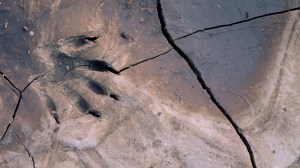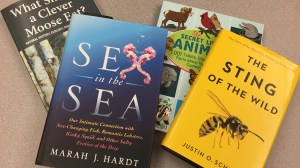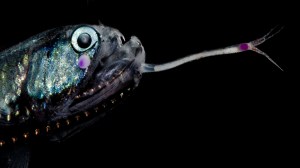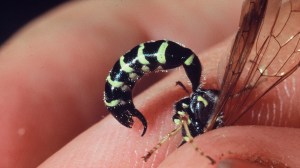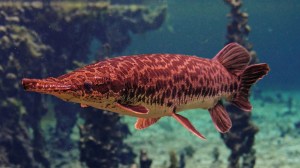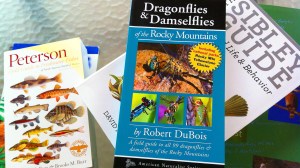Discover stories in Book Review
A Birder’s Bookshelf: Essentials for the Well-read Avian Enthusiast
There should be more to your birding library than just field guides ... read on for our list of essential reading for the bird-brained bibliophile.
Ten More Field Guides and References for the Serious Naturalist
Ten new and classic field guides and wildlife references to add to your collection.
A Field Guide to Tracking in Your Neighborhood
Tracking is one of the most family-friendly wildlife activities. Our guide to some common and interesting tracks will get you started.
Three Great Fall Reads: Natural Page Turners
Our fall book review features nature and conservation reads that will keep you on the edge of your seat.
Nature Books Have Never Been This Fun: 6 Great Summer Reads
Looking for a fun read this summer? Here are 6 nature books as entertaining as any bestseller.
Life in the Dark: Never-Before-Photographed Sea and Cave Creatures
See never-before-photographed creatures in this preview of Danté Fenolio’s Life in the Dark.
Meet the Man Who Got Stung for Science
Justin Schmidt has been stung by an astounding array of bees, wasps and ants. And he’s here to tell the story.
6 Great New Books for the Fish Nerd’s Library
Looking for something more than the usual fish story? We have you covered with books on gars, sturgeons, freshwater tropical fish and more.
Is Mammal Watching the Next Birding?
Aside from some highly recognizable species, most mammals are elusive, nocturnal and difficult to spot. And so keeping life lists of mammals has never caught on. But could a new book change that?
10 Field Guides for the Serious Naturalist
Looking to expand your wildlife ID skills beyond the usual bird guide? How about learning to identify dragonflies? Or warblers? Or squirrels and chipmunks? Our blog has you covered with some of the most innovative – and unusual – recent field guides.


